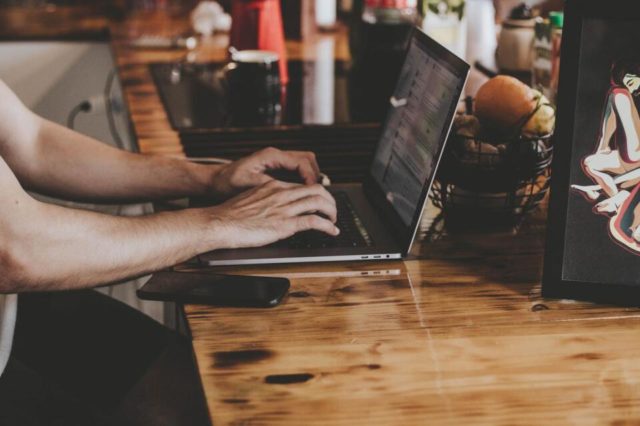In our South African reality, online learning, tests and exams will only be enjoyed by the privileged few
The QUEST to proceed with the academic year online is an inhumane punishment on the majority who fall on the rough side of our extremely unequal lived reality, which is a product of us having been colonised.
First, we must express our appreciation and support for the decisions of our government in enforcing a much-needed lockdown to focus all efforts on tracing, arresting and treating the coronavirus outbreak.
It is our considered view that the virus is only moved by people, and the halting of the mass movement of people will aid efforts to deal decisively with the spread of this virus.
However, in a country like ours, where the majority live from hand to mouth, sufficient interventions need to be made by the government, business and civil society to cushion the poor and vulnerable to survive this lockdown.
Teaching and learning are crucially important activities in the life of any society because they are the processes in which skills and knowledge are transferred.
The coronavirus outbreak has placed this important activity on lockdown because schools, universities and colleges are spaces where hundreds of our people share small spaces such as classrooms and lecture halls, making it impossible to practise physical distancing. Physical distancing is among the key preventive measures advised by the government and the World Health Organization for all of us to practise in the fight against the spread of Covid19.
This, therefore, leaves our basic and higher education system with very few options to use as a vehicle to ensure the commencement of teaching and learning.
The popular choice being advanced by some is that of using online or virtual means. This would obviously be a vehicle of choice had our South African society been adequately prepared for it, or, to be much clearer, had our societal inequalities not made this vehicle an impossible task to guarantee equal, equitable and fair access and success to all pupils and students regardless of their social situations.
This renders the argument to commence teaching and learning online a rather insensitive, exclusive and unethical idea, surfing the highest waves of privilege which blind its proponents from the daily lived experience of the majority of South Africans.
Our social reality is characterised by extreme inequality, dehumanising poverty, disastrous unemployment and great underdevelopment.
All of which are products of colonisation.
In our South African reality, online learning, tests and exams will only be enjoyed by the privileged few, while the overwhelming majority who don’t have access, the infrastructure, resources and means for access will be eliminated from any genuine prospect of success. The careless notion that pupils and students who fall in this unfortunate category will be assisted or provided with catch-up classes would allow our education to unfairly punish the have-nots, most of whom are Africans.
Our people cannot be spoken to in this careless fashion as if they are a by-the-way issue that must still be figured out while the academic year proceeds for others online.
The notion that pupils and students who feel they will not be able to succeed in this online teaching and learning will be granted the option to be readmitted for their studies in 2021 if they don’t succeed, or the option to deregister for the rest of the academic year, is simply insulting to us Africans, whom these options are admittedly designed for, knowing full well the challenges imposed upon us by our social reality.
Mind you, the fact that we accommodate fewer than 30% of South African pupils and students in our schools and universities increases our problems.
All genuine revolutionary cadres and progressive activists have an interest in teaching and learning commencing, but it’s our duty to be vigilant and safeguard the interests of the most disadvantaged and vulnerable communities.
Bashman is a former Sasco Western Cape provincial chairperson and ANCYL Dullah Omar Regional chairperson.








